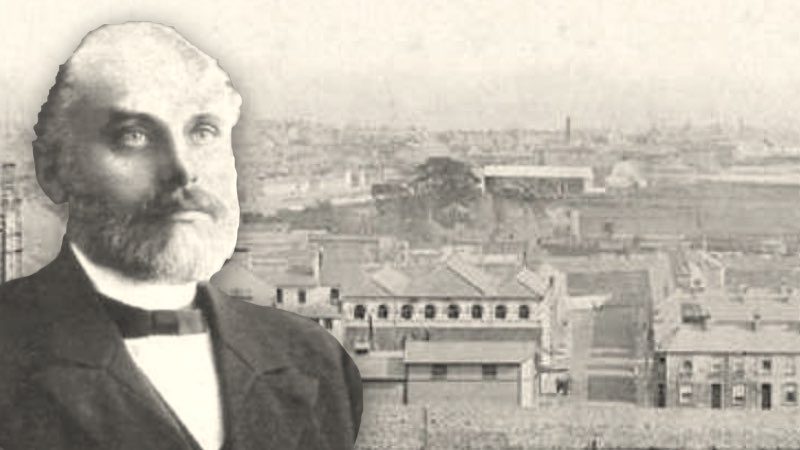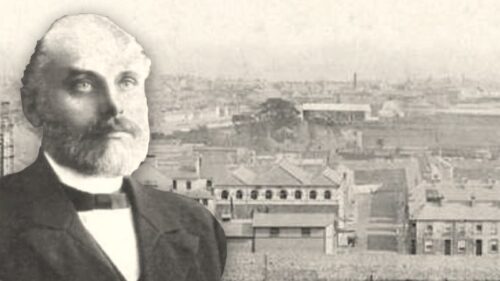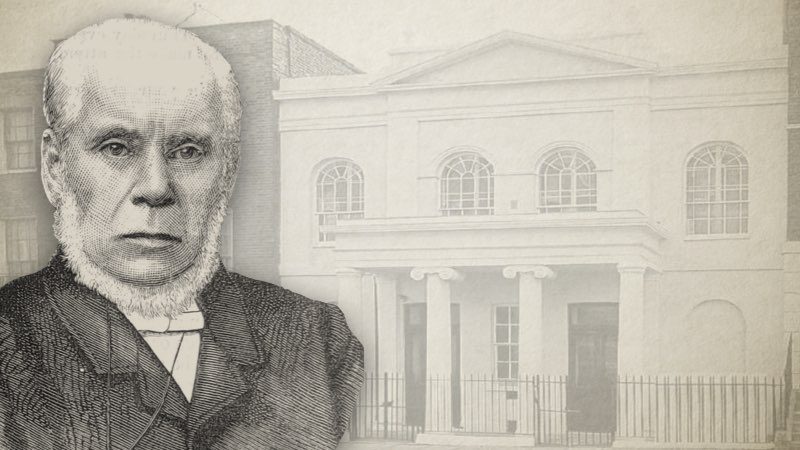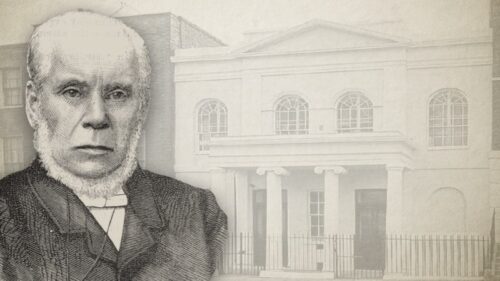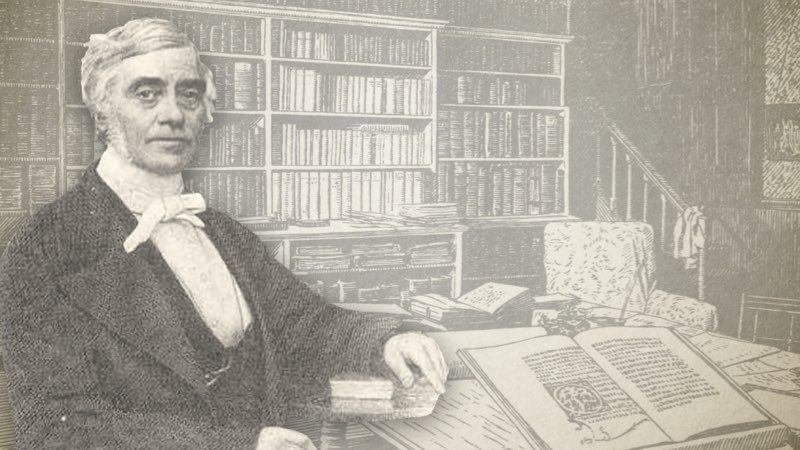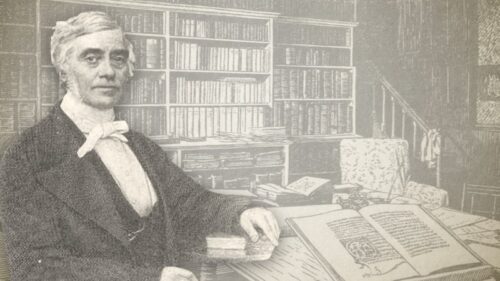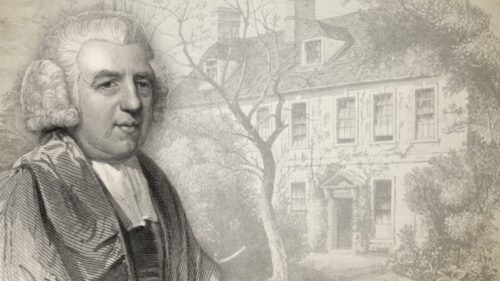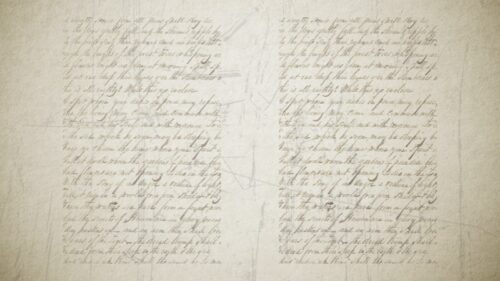-
Hard Work Made Easy
Dear Friend,—Yours came to hand, and I have just time to say that I intend, God willing, to be at P. on September 21st, and if I can be conveyed from there to G. on October 1st, I will very gladly come; but I must be at L. the day following. I dare not attempt to preach more than three times in the week days,[1] as too much exertion brings the jaundice upon me; so I am obliged to preach less, or lay myself upon the shelf. No thanks to me; for when I enjoy my dear Lord in his work, it is sweet employment indeed; but when Christ is not enjoyed, it is very hard work. Indeed, I do not find any work but…
-
No More Sea (1/2)
A Sermon Preached By Walter Brooke On Lord’s Day Morning, May 5th, 1907 "And there was no more sea."—Revelation 21:1 I always feel an increased need to ask for special wisdom whenever I approach this book of the Revelation to use it as the basis of spiritual meditation. And I suppose we have been not a little perplexed by the conflicting representations that we have heard in our day and generation of its meaning, and of the various modes of interpretation men have used in reference to fixing the times therein spoken of. Many mistakes have been made, many miscalculations; and those of the Lord's living family who have a real respect for the divine oracles say, "It is too perplexing a theme for us,…
-
No More Sea (2/2)
A Sermon Preached By Walter Brooke On Lord’s Day Evening, May 5th, 1907 "And there was no more sea."—Revelation 21:1 In any remarks I made this morning respecting the conflicting opinions of men, I did not for one moment cast any uncharitable reflections upon honest efforts to obtain a clue to the exposition of those wonderful symbols given in the book of the Revelation as regards the Church's passage through her state of trial and toil to her eventual triumph in her Lord and Saviour Jesus Christ. It would be very unbecoming of me to do so. But I do say this, that it needs much heavenly wisdom and divine understanding to come to conclusions as it regards the times that are therein mentioned. You…
-
Grace and Glory
It is infinitely important to possess the Spirit of God, and to have "the love of God shed abroad in one's heart by the Holy Ghost which is given unto us." Having this, of course we are lovers of God; and if lovers of God, we are lovers of everything that is godly, or God-like; and therefore, it is a very great mercy for us that the Holy Spirit has condescended to mention a very considerable number of infallible evidences of Christianity,—of interest in the everlasting love of God. The child of God has frequently derived comfort from the declaration of Divine truth by the Apostle John,—“By this we know that we have passed from death unto life, because we love the brethren." If, therefore,…
-
Faithfulness unto Death
Preached at North Street Chapel, Stamford, on Lord's Day Morning, Dec. 8, 1861 "Fear none of those things which thou shalt suffer: behold, the devil shall cast some of you into prison, that ye may be tried: and ye shall have tribulation ten days: be thou faithful unto death, and I will give thee a crown of life.”—Revelation 2:10 These words which, as uttered by my voice, are still sounding in your ears, form a part of the message sent by the Lord Jesus Christ through his servant John to the angel of the church of Smyrna. This, I need not tell you, was one of the seven churches in Asia to which special messages were addressed by the Lord Jesus when he appeared to…
-
Death Is No More A Frightful Foe
Some of the points covered in this sermon: • Highlighting the subject and theme of the hymn—Death, an encouragement to the Lord’s people in prospect of their departure from this world • Examining the teachings of Philippians 1:21, upon which the hymn is based—“For to me to live is Christ, and to die is gain.” • Making three observations upon the first clause of the verse—(1) the essence of the believer’s life; (2) the object of the believer’s life; (3) the motivation of the believer’s life • Explaining the last clause of the verse, in light of the foregoing observations • Outlining the six stanzas of the hymn, each of which suggest a reason why the believer should not fear death • Stanza 1: The…



